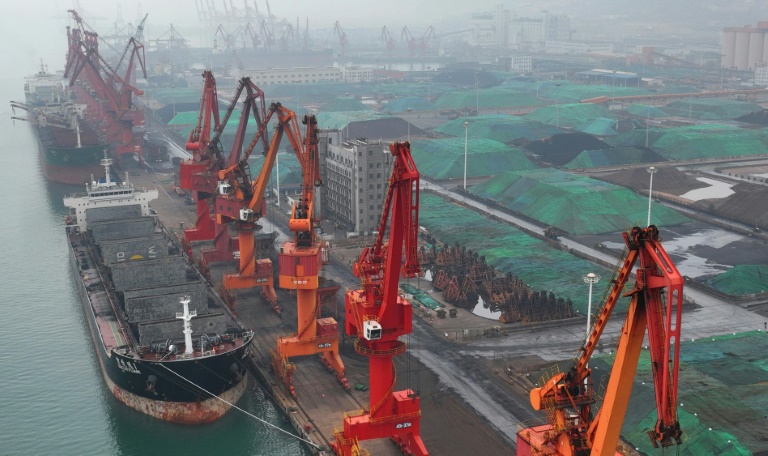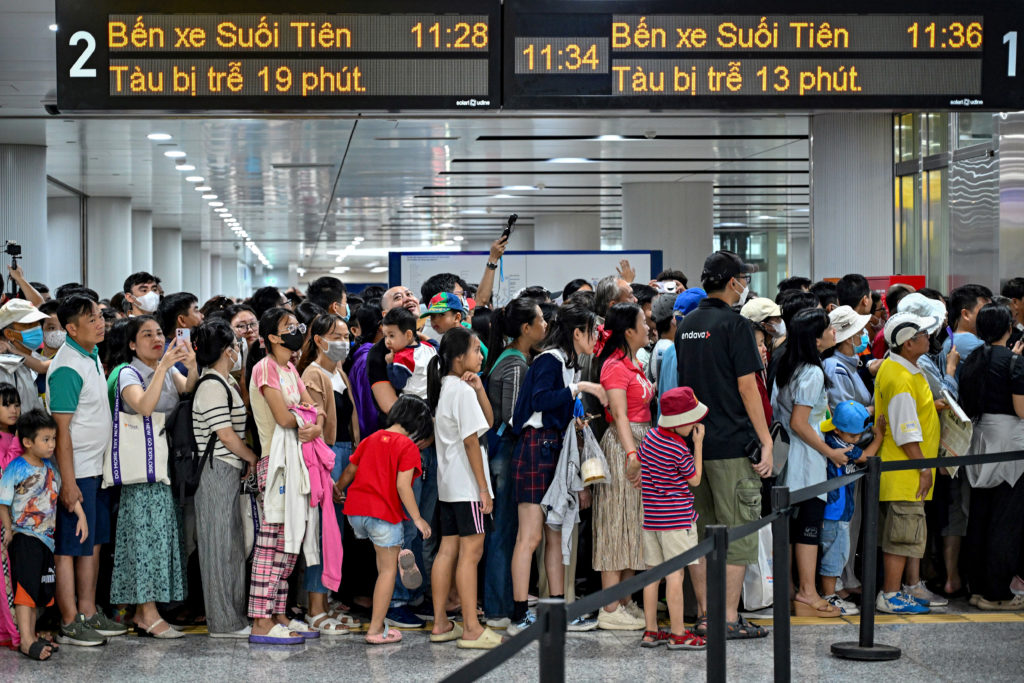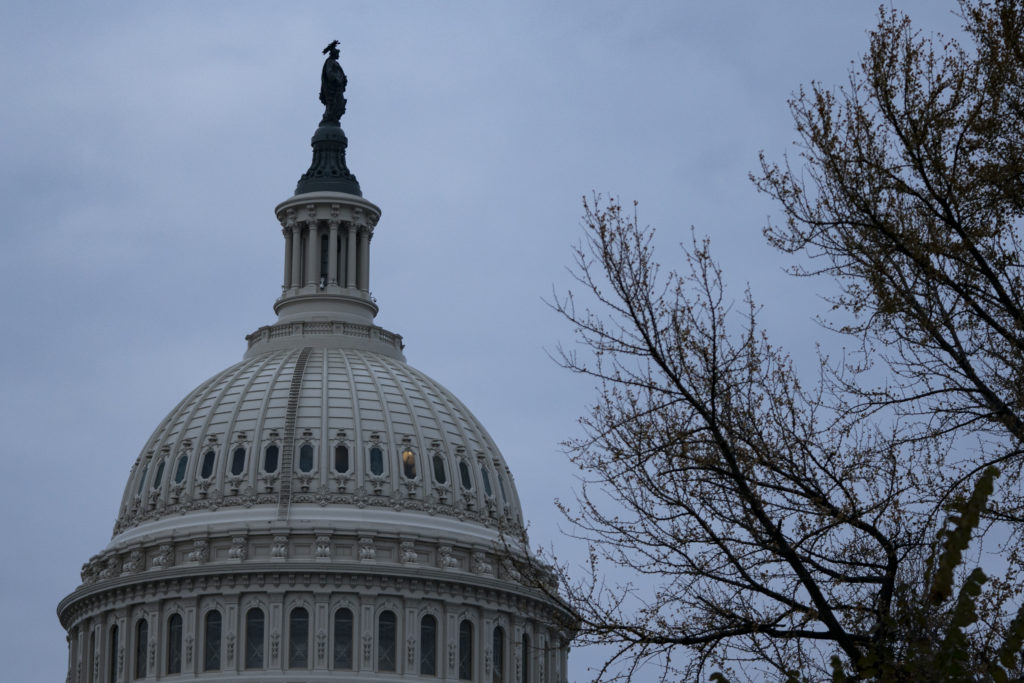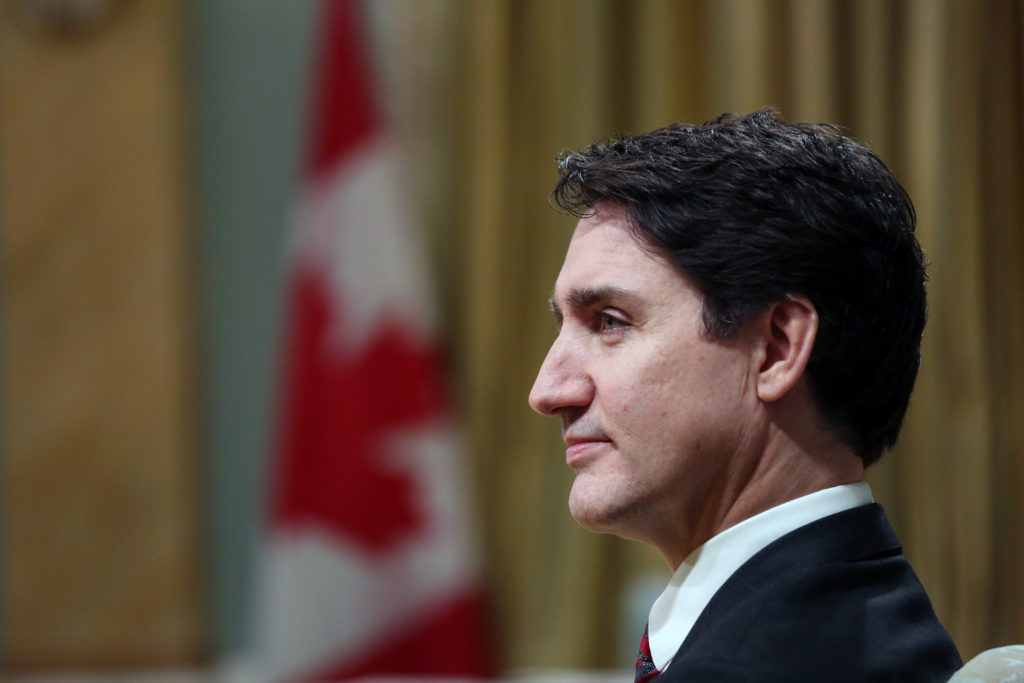China's economy has been hammered by strict Covid rules, though the government is moving to roll back some of the measures
China’s imports and exports plunged in November to levels not seen since early 2020, as strict Covid restrictions hit the economy hard, according to official figures released Wednesday.
Beijing’s strict zero-Covid policy of snap lockdowns, travel curbs and daily mass testing has left businesses reeling, disrupted supply chains and dampened consumption.
November imports fell 10.6 percent year-on-year, the biggest collapse since May 2020.
Exports fell by 8.7 percent year-on-year, the biggest drop since February 2020, when the country was mired in the early stages of the pandemic.
The threat of recession in the United States and Europe, coupled with soaring energy prices, is weakening demand for Chinese products.
After nationwide anti-lockdown protests last week, the government has signalled a shift in messaging and local authorities have begun easing some restrictions — which may brighten the outlook in the coming months.
But travel between provinces remains complicated and an economic recovery may take time, with health measures highly variable across the country.
China’s factory activity shrank for a second straight month in November, official data last week showed, as large swathes of the country were hit by lockdowns and transport disruptions.
The Purchasing Managers’ Index — a key gauge of manufacturing in the world’s second-biggest economy — came in at 48.0, down from October’s 49.2 and well below the 50-point mark separating growth from contraction, according to the National Bureau of Statistics.
Chinese leaders have set an annual economic growth target of about 5.5 percent, but many observers think the country will struggle to hit it, despite announcing a better-than-expected 3.9 percent expansion in the third quarter.











